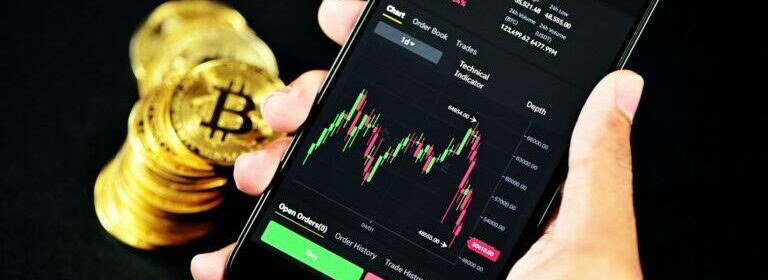Binance.US Airdrops Flare Tokens to $XRP Holders After Long Wait

The American subsidiary of leading cryptocurrency exchange Binance, Binance.US, has recently distributed Flare ($FLR) tokens to $XRP token holders who had them on the exchange at the time of the snapshot, which was back on December 12, 2020.
According to a recent announcement from the cryptocurrency exchange, it successfully airdropped FLR tokens on October 25 at 10 a.m. ET to XRP holders with a balance of over 10 XRP at the time of the snapshot.
Nasdaq-listed cryptocurrency exchange Coinbase revealed it was planning to honor its commitment and distribute FLR tokens to XRP holders at the time of the snapshot back in December 2022, two years after the snapshot was taken.
The airdrop is set to distribute $FLR tokens to each user holding XRP at the time of the snapshot at a 1:1 ratio and has been supported on numerous other exchanges. As CryptoGlobe reported, back in August Japanese cryptocurrency trading platform Huobi Japan, the Japanese subsidiary of popular trading platform Huobi, announced support for the airdrop.
Flare, according to its website, is a Layer-1 network with data acquisition functionality that is based on the Ethereum Virtual Machine (EVM), meaning it can support smart contracts and decentralized applications written in Solidity to run on any other EVM chain.
Flare’s FLR tokens are used for governance on the Flare network through voting mechanisms. The token is used for payments and transaction fees on the network and can be wrapped into an ERC-20 variant, wrapped FLR (WFLR), which can be delegated to the Flare Time Series Oracle (FTSO), a decentralized protocol to retrieve external time series data to be used on the network.
Notably, Flare is set to burn 2.1 billion of its own $FLR tokens in a bid to support its ecosystem’s health and development, equivalent to more than 2% of its total supply, which will prevent dilution of community token holdings and raise incentives for new users to join the network.
Featured image via Unsplash.
Source: Read Full Article
